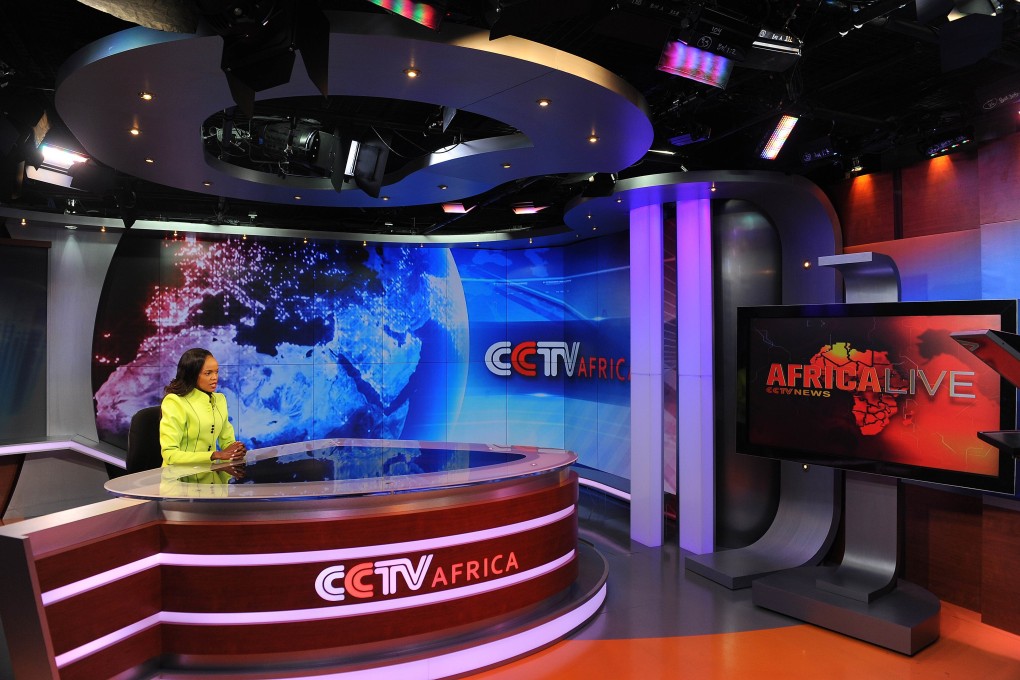China’s influence over the media growing globally, says US think tank

China’s government and state-owned companies are putting more pressure on media outlets around the world to prevent and punish reporting critical of Beijing, a US-based think tank has said.
“These measures obstruct newsgathering, prevent the publication of undesirable content, and punish overseas media outlets that fail to heed restrictions,” the National Endowment for Democracy in Washington DC writes in a report released on Tuesday.
“Indirect pressure [is] applied via proxies – including advertisers, satellite firms, and foreign governments – who take action to prevent or punish the publication of content critical of Beijing,” it said.
The report by the US government-sponsored institution documented a series of efforts by Chinese government diplomats to stop critical coverage in France, Germany, Britain, Indonesia, and New Zealand. It also linked the spending of advertising revenue by Chinese companies and access to the Chinese market with publications’ adherence to the party line.
Last year, the websites of the International Herald Tribune and Bloomberg were blocked in China after the two media outlets reported on the extensive family fortunes of former premier Wen Jiabao and current President Xi Jinping. The New York Times and the Wall Street Journal have both traced attempts to hack their networks to China.
Sarah Cook, the author of the study and a senior research analyst at the Freedom House think tank in Washington DC, said Hong Kong has been most affected. “The most notable change under [President Xi Jinping’s administration] has been the reportedly renewed commitment to ‘regain the Hong Kong media’ and subsequent personnel changes, both at the Liaison Office and within some pro-Beijing news outlets, where there is closer scrutiny by internal censors to what is published,” she said.